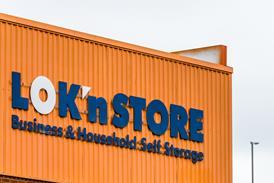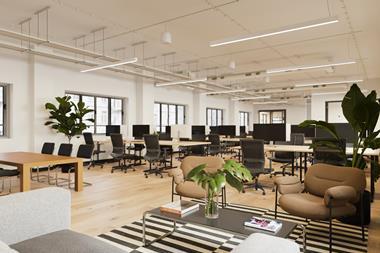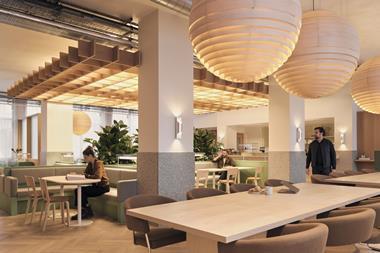At Kontor, we have experienced first hand the gradual changes in the way space is acquired, occupied and delivered.

In the past couple of years, new players have shaken up the market by offering competing but differing products. This has increased the demand for managed and flexible property that provides choice to the consumer.
It’s now the turn of landlords to wake up to the changes in the way tenants acquire and occupy space. As they look to claim market share for themselves, the market could take a very different shape.
Until now, several factors have held landlords back from operating flexible space. For a start, they (or their investors) use traditional models of valuation that require the type of covenants only traditional tenants have. They rightly view operating flexible space as management intensive, and would have to employ sales staff to attract tenants and others to run the space. They also lack the operational expertise required to keep margins high.
Generational shift
What has changed their minds? One of the key factors is the generational shift in the way space is occupied. There has been a rapid increase in the number of fast-scaling businesses that need extreme flexibility and are unwilling to spend the capital required to obtain a traditional lease. Technology has removed the barriers to entry for entrepreneurs, resulting in a boom in the number of small businesses and freelancers.
Landlords are now looking at various ways to capture a piece of this market. One option is to create their own co-working brand and buy assets for it, as Fora is doing. The company is backed by Brockton Capital and has started to roll out the brand across London.
WeWork’s method is arguably even more proactive and aims to safeguard it against the future. It is buying properties or estates, such as the 13 buildings it recently acquired at Devonshire Square in the City, so becoming a property company. Recognising the threat from landlords, it has decided to become one.

Meanwhile, British Land-backed property company Storey has been using underutilised stock to test its own management model and is looking to roll this out on a larger scale. Storey is leaning towards what we call the hybrid model: the space looks and feels like leased property, but is all-inclusive and the term is flexible.
Most landlords we’ve spoken to recently plan to incorporate flexible space in their buildings and favour a self-contained hybrid approach, rather than a full co-working concept. They are dipping their toes in as the lines between flexible and leased space blur, by providing more flexible leases and accepting lower covenants. This is fundamentally changing how buildings are valued, which can only be a good thing for businesses as it reduces the barriers to entry.
As landlords catch on, we expect to see more joint ventures and management agreements. Why reinvent the wheel if someone else has the operational experience and sales teams a landlord needs? To enter the market, a landlord could just find the right operator to manage space for them.
As companies vie for space, smaller or less successful operators will be swallowed by those with a proven model. Another prediction is that landlords will look to acquire providers and we could see new landlord-backed prop/opcos.
Whichever route a landlord takes, one thing is certain: the market is going to get hotter. Getting the offer right first time is crucial for a brand to succeed.






























No comments yet